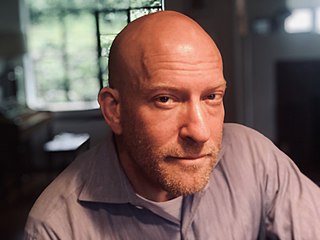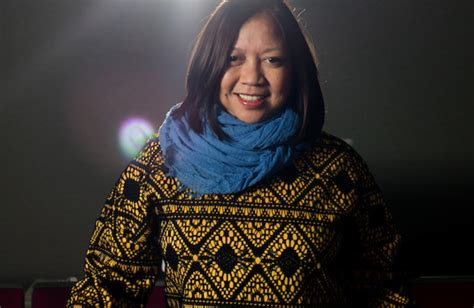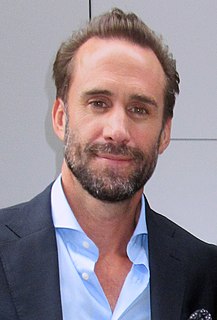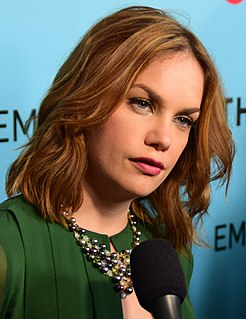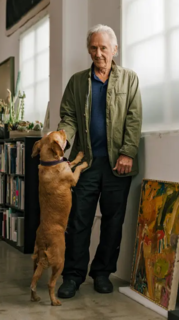A Quote by Leonard Nimoy
A neighborhood friend showed me how it was possible to go to a camera shop and pick up chemicals for pennies... literally... and develop your own film and make prints.
Related Quotes
Housing is where it all begins. Where you live determines everything from where you shop for food, to how safe your neighborhood is, to your kids' school, to whether you're exposed to toxic chemicals on a daily basis. And as a New Yorker, I found it impossible not to notice and be bothered by the huge number of homeless people in the city, as well as by the segregation and gentrification that's all around you.
Basically, if you shoot your own stuff, you can just pick up a camera and some wireless microphones, grab a couple of LEDs, and you're off and running. And if you don't shoot your own stuff, you can just grab one other person to do camera and you can learn how to do the sound, and you're off and running.
The world is fairly studded and strewn with pennies cast broadside by a generous hand. But- and this is the point- who gets excited by a mere penny? But if you cultivate a healthy poverty and simplicity, so that finding a penny will literally make your day, then, since the world is in fact planted in pennies, you have with your poverty bought a lifetime of days.
'How do you balance the creative with the biblical?' One could pick up the scripture and read it to oneself and you would be communing directly with that information. As soon as you go into film, as soon as there's a camera, and there's an angle, and there's lighting, and there's editing, you're into the adaptation.
I have received the digital camera as a blessing. It has really changed my life as a filmmaker, because I don't use my camera anymore as a camera. I don't feel it as a camera. I feel it as a friend, as something that doesn't make an impression on people, that doesn't make them feel uncomfortable, and that is completely forgotten in my way of approaching life and people and film.
I'm very, very serious about what I do. I think there are a lot of people out there sort of thinking it's anybody's game. You know, "You pick up a camera and you make a movie." My experiences over the years have taught me there's a lot more than that to making a film - there's also getting the film seen, and all kinds of complex realities.
I think a lot of people go into filmmaking thinking, "How can I make a career?" And so when they make their first film, they make it thinking, "Well, this'll be the one that gets me to the place where I can make the second film the way I want to make it, and that'll get me to the place where I can make $100 million on the third film." And I thought, "Well, if I put sustainability at the bottom of my priority list, then what opportunities is that going to free me up to pursue?" And that's what I've always done.



